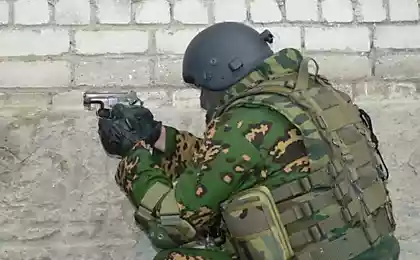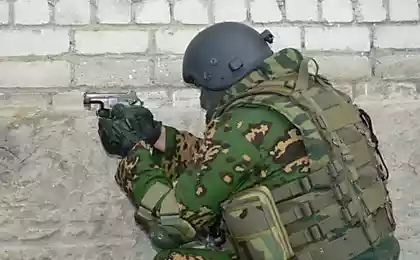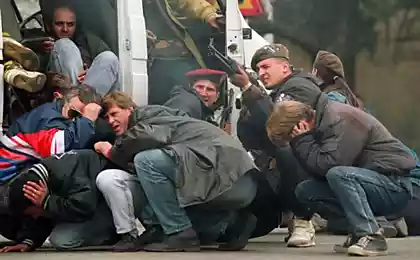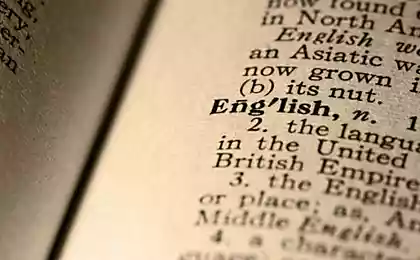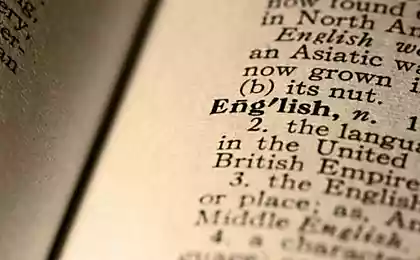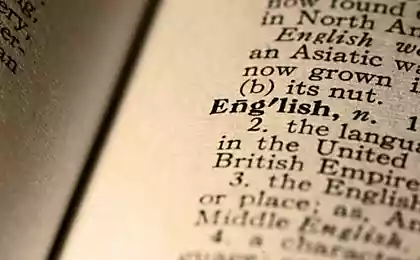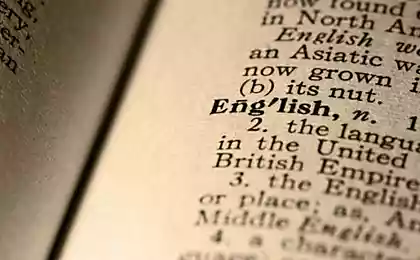1318
Where in Russian appeared "grenade".
During the First World War, a new, well, I do very well forgotten old weapon - a grenade. It appeared in all the countries of the world, including in Russia. But the possibilities of its production in Russia were limited and, therefore, the Allies began to acquire grenades. Hand grenade P1. arr 1915
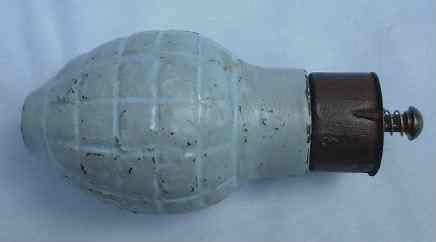
Moreover, in France and in England. In England, we acquired a grenade design Lemon. Why in Russia, she received the nickname of "grenade". However, at home, it is also called "lemon» (Citrone), because looks very reminiscent of this fruit. And the grenades hit Russia first.
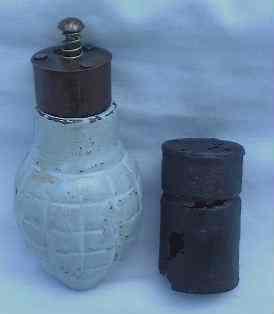
She Lemon Hand grenade mod 1915
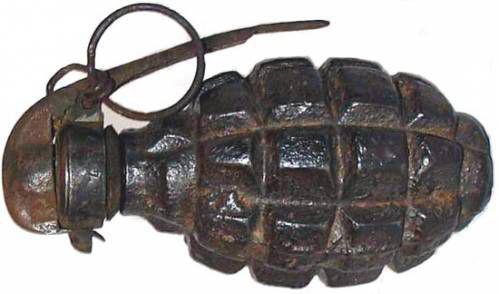
In France, acquired similar grenade F1. For the same purpose. But the walls of the "lemon" is much thinner than in F1, so the effect of shrapnel slightly lower. Besides F1 is simple and rational design of the grenade body. What played a role - Grenade F1 was soon put into service in Russia.
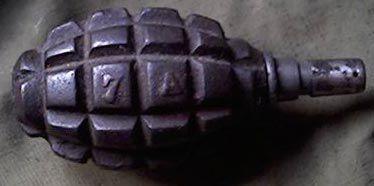
Hand grenade sample F1 1915 with automatic lever fuse
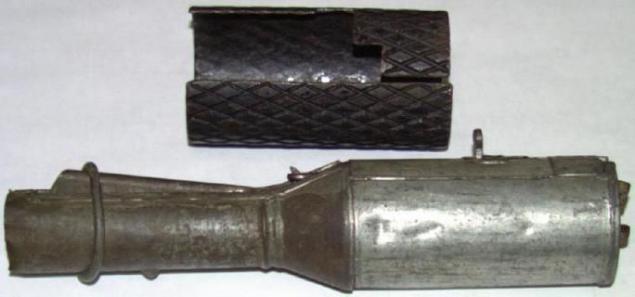
F1 fuse with percussion ignition
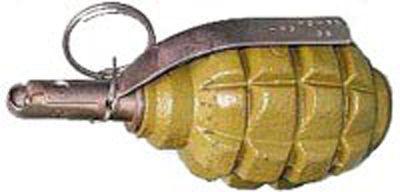
And her name was transferred from the British grenades, to distinguish it from "bottle" of domestic production.
--img7--
Hand grenade system Novitsky, the main World War I garnet domestic production.
--img8--
And later in 1928 it launched production of grenade F1. But a Russian named F-1. Which also became known as the "pineapple».
--img9--
Hand grenade F-1 brand to fuse system FV Koveshnikova
--img10--
Regarding domestic pomegranate has another interesting information. At the beginning of the war, when Leningrad was blockaded in the city did not have enough metal. And so the local porcelain factory was constructed buildings grenades Party of china. Structurally, the pomegranate was like F-1, but instead of metal material the porcelain. Corps has been done a lot, but they have not got a dandy. Although the results of these tests were very encouraging corps. According to the Geneva Convention, the use of glass parts for ammunition is prohibited. Although porcelain is not glass, but it was decided to hedge.
The country is not a signatory to the Geneva Convention strictly maintained its position. Although it was not obliged to do so. And Germany, signed the Convention and obyzannaya strictly comply with the requirements of the Convention, they are not fulfilled.
--img11--
Source:

Moreover, in France and in England. In England, we acquired a grenade design Lemon. Why in Russia, she received the nickname of "grenade". However, at home, it is also called "lemon» (Citrone), because looks very reminiscent of this fruit. And the grenades hit Russia first.

She Lemon Hand grenade mod 1915

In France, acquired similar grenade F1. For the same purpose. But the walls of the "lemon" is much thinner than in F1, so the effect of shrapnel slightly lower. Besides F1 is simple and rational design of the grenade body. What played a role - Grenade F1 was soon put into service in Russia.

Hand grenade sample F1 1915 with automatic lever fuse

F1 fuse with percussion ignition

And her name was transferred from the British grenades, to distinguish it from "bottle" of domestic production.
--img7--
Hand grenade system Novitsky, the main World War I garnet domestic production.
--img8--
And later in 1928 it launched production of grenade F1. But a Russian named F-1. Which also became known as the "pineapple».
--img9--
Hand grenade F-1 brand to fuse system FV Koveshnikova
--img10--
Regarding domestic pomegranate has another interesting information. At the beginning of the war, when Leningrad was blockaded in the city did not have enough metal. And so the local porcelain factory was constructed buildings grenades Party of china. Structurally, the pomegranate was like F-1, but instead of metal material the porcelain. Corps has been done a lot, but they have not got a dandy. Although the results of these tests were very encouraging corps. According to the Geneva Convention, the use of glass parts for ammunition is prohibited. Although porcelain is not glass, but it was decided to hedge.
The country is not a signatory to the Geneva Convention strictly maintained its position. Although it was not obliged to do so. And Germany, signed the Convention and obyzannaya strictly comply with the requirements of the Convention, they are not fulfilled.
--img11--
Source:
